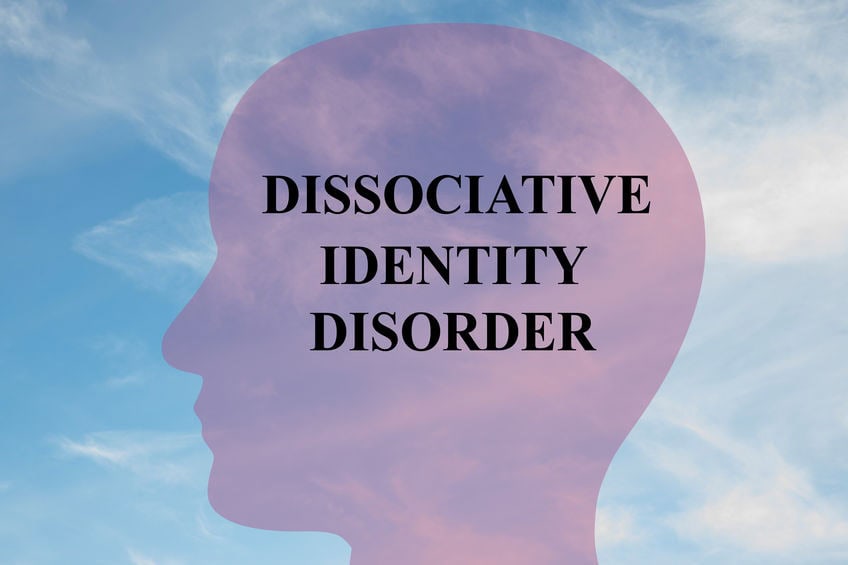TPD claims for mental illness
A former client of mine has encouraged me to write about her claim in the hope of reducing the stigma that surrounds mental illness and the perception that insurance claims based on mental illness rarely succeed.
Contesting a rejected claim
My former client had a range of diagnoses including Dissociative Identity Disorder (DID), Complex PTSD, Major Depression and anxiety. DID is a little understood condition that is devastating to those who have it. DID used to be known as Multiple Personality Disorder and manifests itself with the presence of at least two alternate personalities that will routinely take control of the patient’s behaviour. Her claim was for a TPD benefit through a bank owned superannuation fund and its related insurer. The insurer wanted to deny the claim and took the step of issuing procedural fairness, a process which indicates usually that the insurer will deny the claim based on the material they have at that point. After engaging me to respond to the procedural fairness process and assume conduct of the claim form there. I am pleased to say that I was able to change the insurer’s view about the case and the claim was successful. The claim was successful as a result of the gathering of a significant body of medical evidence and detailed submissions about the effect of the illness on my client’s work capacity. This resulted in a significant lump sum payment to my client.
Insurers poor handling of these claims
My experience is that insurers do not handle mental illness claims well. Either they bring pre-conceived bias to the claim or they completely misunderstand the nature of mental illness. Where they really let claimants down though is in how they interact with mentally ill patients and process their claims. In my former client’s case there were significant privacy breaches and release of sensitive documents against specific instructions not to do so. Any mental disorder will magnify poor claims handling practices. Delay, piecemeal requests for information and a lack of explanation of the claims process will affect a mentally ill claimant significantly more than average. Any perception that sensitive medical records are not secure and protected can be devastating to a claimant.
Insurers need to process mental illness claims differently. They firstly need to be fast tracked in recognition that a lengthy and complex claims process is going to significantly exacerbate any mental illness. The purpose of insurance is to provide financial relief in times of trauma, disablement and reduced work capacity. Claimants need their benefits quickly to enable them to eliminate financial stress and concentrate on managing and living with their illness. The claim’s handler needs experience in dealing with mentally ill claimants. Commonly this means a senior, experienced manager is required. Someone who is prepared to listen, show empathy and diligently process the claim is needed.
Mental illness makes someone vulnerable. The societal stigma against mental illness means the claimant has already fought a significant battle internally to decide whether they even accept they have an illness let alone are brave enough to come forward and make a claim. The courage of people like my former client who are willing to make a claim needs to be acknowledged early and often. They need to be reassured that the insurer understands that the process will be more difficult for them.
The perception in society about mental illness is changing. Society is more accepting of the existence and prevalence of mental disorders and the extent to which the population is affected by them. Insurers need to catch up. A mental illness is another illness or injury like any other and there should be no higher hurdle to prove someone is mentally ill and the effect that has on them.
Insurer bias against mental illness is prevalent even before claims are made. Routinely policies will include exclusions for mental illness either entirely or for a certain period after coverage commences. This unwillingness to even provide coverage for the mentally ill needs to be called out for what it is, discrimination. Thankfully the Courts like in the case of a Victorian woman who sued a travel insurer for failing to provide coverage and the current Financial Services Royal Commission are now exposing these poor insurer practices.
There is help available
If you have been adversely affected by this article you should seek assistance by contacting Lifeline on 13 11 14 or other organisations like Sane Australia (www.sane.org.au). Help is available.
